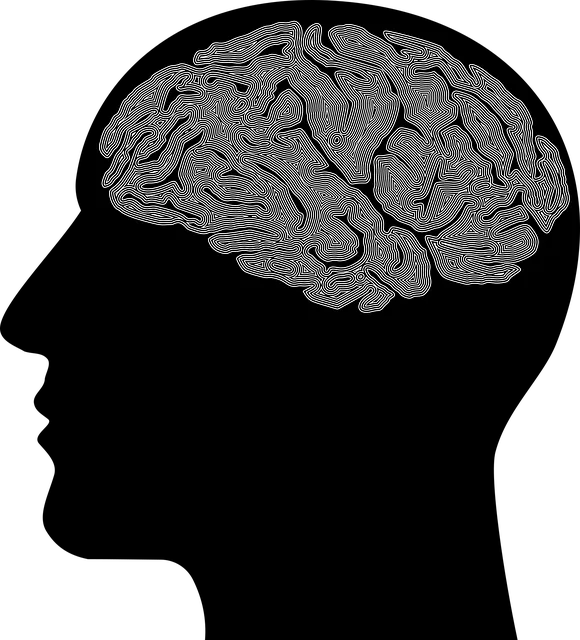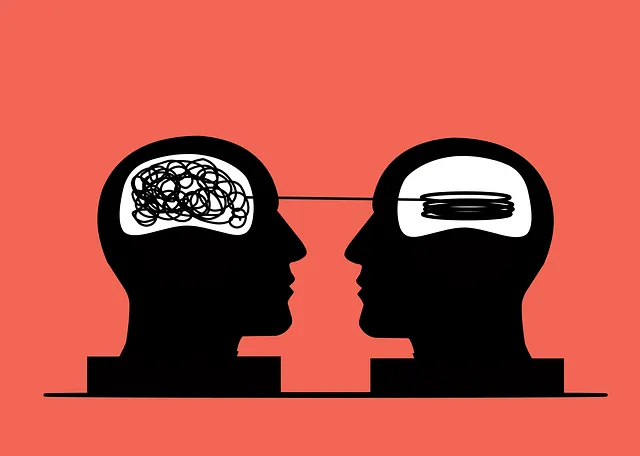Kaiser Permanente in Littleton prioritizes emotional intelligence (EQ) through programs like Mental Health Education and Wellness Coaching, promoting self-awareness, stress management, empathy, and effective mental healthcare. Their dedicated mental health number facilitates accessible care, empowering individuals to navigate challenges and connect with resources promptly. By integrating mindfulness, reflection, and self-care practices, Kaiser Permanente fosters a supportive environment that enhances staff satisfaction and overall well-being. Cultural sensitivity in mental healthcare ensures inclusive healing tailored to diverse emotional needs, boosting EQ and mental health outcomes.
Emotional intelligence (EQ) is a vital asset in today’s fast-paced world, fostering better relationships and improved mental well-being. This comprehensive guide explores EQ development through the lens of the Kaiser Permanente Mental Health Approach, emphasizing practical strategies for self-improvement. From cultivating self-awareness to enhancing social skills and practicing mindfulness, each section delves into actionable techniques, offering valuable insights tailored to individuals seeking growth in Littleton, leveraging the expertise gained from the Kaiser Permanente mental health services.
- Understanding Emotional Intelligence: The Kaiser Permanente Mental Health Approach
- Unlocking the Power of Self-Awareness: A Cornerstone for Building Emotional Intelligence
- Enhancing Social Skills and Empathy: Connecting with Others at a Deeper Level
- Managing Emotions Effectively: Strategies for Resilient Mental Well-being (Littleton)
- Practicing Mindfulness and Self-Care: Nurturing Your Inner World
Understanding Emotional Intelligence: The Kaiser Permanente Mental Health Approach

Emotional intelligence (EQ) is a vital component of overall well-being, and organizations like Kaiser Permanente recognize its importance. The Kaiser Permanente mental health approach emphasizes the role of EQ in promoting mental wellness and fostering strong relationships within their healthcare system. They understand that high emotional intelligence can lead to better patient care and improved satisfaction among staff and patients alike.
The Mental Health Education Programs Design implemented by Kaiser Permanente in Littleton focuses on teaching individuals to recognize and manage their emotions effectively. This includes initiatives aimed at Self-Esteem Improvement, as building self-confidence is a key aspect of emotional resilience. Additionally, their Mental Wellness Coaching Programs Development encourages open communication and empathy among team members, creating a supportive environment where everyone feels heard and valued.
Unlocking the Power of Self-Awareness: A Cornerstone for Building Emotional Intelligence

Self-awareness is a powerful tool that forms the cornerstone of emotional intelligence development. It involves recognizing and understanding your own emotions, strengths, weaknesses, and how they influence your thoughts and behaviors. By cultivating self-awareness, individuals can gain profound insights into their mental health and well-being. This process begins with introspection—a practice encouraged by organizations like Kaiser Permanente, which emphasizes the importance of mental health support. For instance, their dedicated mental health number in Littleton serves as a resource for those seeking guidance and care.
Developing self-awareness allows people to identify triggers and patterns in their emotional responses, enabling better management of stress and challenging situations. It fosters empathy, enhances interpersonal connections, and improves overall communication strategies. This is particularly relevant in the context of mental health risk assessments, where professionals must recognize not only their own emotional states but also those of their clients. By integrating self-awareness into practice, whether through community outreach program implementations or individual therapy sessions, mental health professionals can provide more effective support and create a safe space for others to unlock their emotional potential.
Enhancing Social Skills and Empathy: Connecting with Others at a Deeper Level

Managing Emotions Effectively: Strategies for Resilient Mental Well-being (Littleton)

Emotional intelligence involves recognizing and managing our own emotions, as well as understanding and empathizing with others’ feelings. This is crucial for maintaining resilient mental well-being, a concept that Kaiser Permanente mental health number Littleton emphasizes heavily. By integrating various strategies, individuals can develop inner strength and cultivate mind over matter principles, enabling them to navigate life’s challenges more effectively.
Cultural sensitivity in mental healthcare practice plays a significant role in this process. Recognizing and respecting diverse emotional expressions from different cultural backgrounds fosters inclusive environments that promote healing. This holistic approach ensures that everyone receives personalized support tailored to their unique needs, enhancing overall emotional intelligence and mental health outcomes.
Practicing Mindfulness and Self-Care: Nurturing Your Inner World

In the journey to build emotional intelligence, practicing mindfulness and self-care is a vital step. It involves cultivating present-moment awareness and nurturing your inner world. Mindfulness encourages individuals to observe their thoughts and emotions without judgment, fostering a deeper understanding of themselves. This practice can be enhanced through various techniques such as meditation, deep breathing exercises, or simply taking moments of quiet reflection throughout the day. By creating space for introspection, one can better recognize and manage their moods, a key aspect of emotional intelligence.
Self-care is an integral part of this process, focusing on maintaining and improving mental well-being. It includes activities that recharge and rejuvenate the mind, such as engaging in hobbies, connecting with nature, or practicing compassion cultivation. Encouraged by organizations like Kaiser Permanente, which emphasizes the importance of mental health through their dedicated mental health number in Littleton, self-care becomes a proactive approach to emotional intelligence development. This practice not only helps individuals manage stress but also enables them to effectively assess and mitigate risks related to mental health, as highlighted in the Risk Assessment for Mental Health Professionals.
Emotional intelligence is a powerful tool for enhancing overall well-being, and the strategies outlined in this article provide a comprehensive framework. By understanding emotional intelligence through the lens of the Kaiser Permanente Mental Health Approach, individuals can unlock their potential. Self-awareness, social skills, and effective emotion management are key components that contribute to resilience and healthier relationships. Practicing mindfulness and self-care further reinforces this journey towards emotional maturity. Remember, seeking support from resources like the Kaiser Permanente mental health number in Littleton can make a significant difference in navigating life’s challenges and cultivating emotional intelligence.






